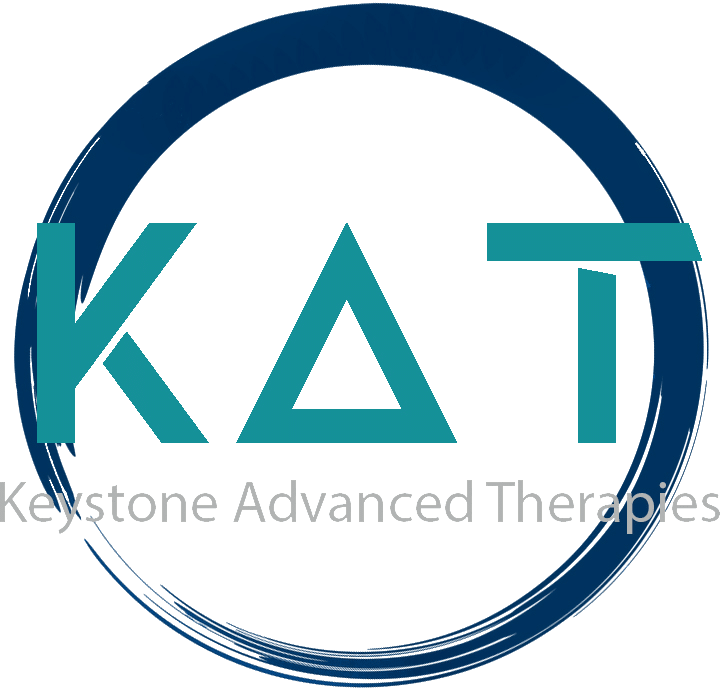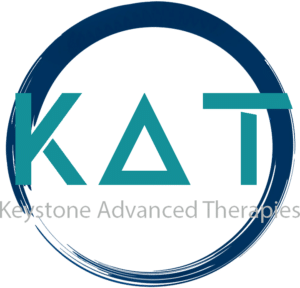Understanding ADHD Treatment
ADHD treatment is essential for individuals of all ages, from children to adults. At Keystone Advanced Ketamine Therapy, we provide comprehensive care that addresses the whole person, not just the symptoms. Effective treatment for ADHD is crucial for improving overall well-being and enabling individuals to lead fulfilling lives.
ADHD management: Comprehensive whole-person care at Keystone Advanced Ketamine Therapy offers effective treatment for individuals dealing with ADHD symptoms.
By offering a range of treatment options, including therapy, medication, and personalized care, we aim to support individuals in managing their ADHD and thriving in their daily lives.
ADHD Symptoms
Recognizing ADHD Symptoms
When it comes to recognizing ADHD symptoms, it’s important to be aware of the common signs that may indicate the presence of this behavioral disorder. In children, hyperactivity and impulsivity are often prominent, leading to restless behavior and impulsive decision-making. On the other hand, inattentiveness and difficulty focusing are key indicators of ADHD that can significantly impact a person’s ability to concentrate on tasks and follow through with activities.
ADHD symptoms: “Recognizing the signs of ADHD, such as hyperactivity and impulsivity in children, is crucial for early intervention and effective management.”
Impact of ADHD Symptoms
The impact of ADHD symptoms reaches far beyond an individual’s internal experience. These symptoms can have a profound effect on academic performance, making it challenging for individuals to stay focused and engaged in their studies. Additionally, social interactions may be affected as well, potentially leading to difficulties in forming and maintaining relationships. Understanding the wide-reaching impact of ADHD symptoms is crucial for developing effective treatment strategies that address these challenges comprehensively.
Comprehensive Treatment Options
Medication Options
Medication is a common and effective treatment option for managing ADHD symptoms. Different types of medications, such as stimulants and non-stimulants, are available to address the diverse needs of individuals with ADHD. Stimulant medications work by increasing the levels of certain chemicals in the brain that play a role in attention and impulse control. Non-stimulant medications, on the other hand, may be prescribed when stimulants have not been effective or have caused intolerable side effects.
Medication options: “Understanding the different types of medication for ADHD is essential for tailoring treatment to individual needs.”
Therapy and Behavioral Interventions
In addition to medication, therapy and behavioral interventions play a crucial role in managing ADHD. Behavioral therapy focuses on teaching specific skills to manage behavior and improve self-control. It also helps individuals develop strategies to address challenges related to impulsivity and inattentiveness. Furthermore, therapy provides valuable support for individuals dealing with the emotional impact of ADHD, helping them navigate daily life more effectively.
Implementing comprehensive treatment options that go beyond medication is essential for addressing the whole person dealing with ADHD management challenges.
ADHD treatment
ADHD Treatment in West Lawn
Accessing ADHD Treatment in West Lawn
When it comes to accessing ADHD treatment in West Lawn, Keystone Advanced Ketamine Therapy stands as a beacon of specialized care for individuals dealing with ADHD symptoms. Our dedicated team is committed to providing comprehensive ADHD management options tailored to the specific needs of each individual. Local access to such specialized treatment is invaluable for the well-being of the community, ensuring that individuals have convenient and reliable support close to home.
Community impact: “Local access to specialized ADHD treatment in West Lawn enhances the overall well-being of the community by providing essential support for individuals managing ADHD.”
Community Impact of ADHD Treatment
The community impact of ADHD treatment extends beyond individual care. By offering local access to comprehensive treatment options, we contribute to the overall health and stability of the community. Understanding this impact is crucial for advocacy efforts and garnering support for initiatives aimed at improving access to quality ADHD therapy and management resources within the local area.
By recognizing and addressing the broader community impact of ADHD treatment, we can work towards creating a more supportive environment for individuals managing ADHD symptoms.
Keystone Therapy Approach
Holistic Approach to ADHD Treatment
At Keystone Advanced Ketamine Therapy, we take a holistic approach to ADHD treatment, recognizing that the well-being of individuals goes beyond just managing symptoms. Our holistic approach considers the physical, emotional, and social aspects of ADHD care, aiming to address the individual as a whole. By integrating various therapeutic modalities and lifestyle factors, we strive to provide a comprehensive treatment plan that supports individuals in managing their ADHD symptoms effectively.
Holistic approach: “Our holistic approach to ADHD treatment focuses on addressing the whole person, encompassing physical, emotional, and social well-being.”
Personalized Care for ADHD
Personalized care is at the core of our approach to treating ADHD. We understand that each individual’s experience with ADHD is unique, and therefore, tailoring our care to meet their specific needs is essential for positive outcomes. Through personalized care plans, we aim to empower individuals with the tools and support necessary to navigate daily challenges associated with ADHD while enhancing their overall quality of life.
Importance of Diagnosis
Early diagnosis of ADHD is paramount for effective management and improved long-term outcomes. Identifying ADHD symptoms at an early stage allows for timely intervention, which can significantly impact the individual’s ability to cope with the challenges associated with the condition. Early diagnosis also facilitates the development of tailored treatment plans that address specific needs, ultimately enhancing the individual’s quality of life.
Early intervention: “Early diagnosis of ADHD enables timely intervention, positively impacting an individual’s ability to manage the condition and lead a fulfilling life.”
The diagnostic process for ADHD involves a comprehensive assessment that encompasses various aspects of an individual’s behavior, cognitive functions, and emotional well-being. This thorough evaluation is essential for accurately identifying ADHD and differentiating it from other potential causes of similar symptoms. A comprehensive diagnostic process lays the foundation for precise treatment planning, ensuring that interventions are specifically tailored to address the unique challenges faced by individuals with ADHD.
- The diagnostic process involves a comprehensive assessment for ADHD
- Understanding the importance of a thorough diagnostic process for accurate treatment planning
By recognizing the significance of early diagnosis and embracing a comprehensive diagnostic approach, individuals can receive the support they need to effectively manage their ADHD symptoms and thrive in their daily lives.
Managing ADHD Symptoms
Effective Strategies for Managing ADHD
Finding effective strategies for managing ADHD symptoms in daily life is crucial for individuals dealing with this condition. Implementing lifestyle changes and behavioral strategies can significantly impact the ability to cope with ADHD and improve overall well-being.
- Establishing a consistent routine: Creating a structured daily schedule can help individuals with ADHD manage their time more effectively and reduce feelings of overwhelm.
- Breaking tasks into smaller steps: Breaking down tasks into manageable steps can make them less daunting, helping individuals stay focused and organized.
- Utilizing organizational tools: Using planners, calendars, or digital apps can aid in keeping track of appointments, deadlines, and important information.
- Incorporating regular physical activity: Engaging in regular exercise can help reduce restlessness and improve focus and attention.
ADHD coping strategies: “Implementing effective coping strategies, such as establishing a consistent routine and utilizing organizational tools, can significantly improve daily functioning for individuals managing ADHD.”
Support Systems for ADHD Management
Building strong support systems is essential for individuals managing ADHD. Support networks play a vital role in improving overall well-being by providing understanding, encouragement, and practical assistance.
- Seeking professional guidance: Consulting with healthcare professionals who specialize in ADHD can provide valuable insights and personalized treatment plans.
- Connecting with peer support groups: Joining support groups allows individuals to connect with others facing similar challenges, fostering a sense of community and understanding.
- Involving family members and friends: Educating loved ones about ADHD helps create an informed support system that offers empathy, assistance, and encouragement.
By implementing effective coping strategies and fostering supportive relationships, individuals can better manage their ADHD symptoms while enhancing their quality of life.
Conclusion
In conclusion, understanding the available ADHD treatment options is crucial for individuals dealing with ADHD symptoms. Effective approaches, including medication, therapy, and personalized care, can significantly improve well-being and quality of life for both children and adults. It is essential to advocate for comprehensive ADHD treatment options that address the diverse needs of individuals managing this condition. For those seeking specialized ADHD management in West Lawn, Keystone Advanced Ketamine Therapy offers holistic care tailored to individual needs.
Book With Keystone Advanced Ketamine Therapy










